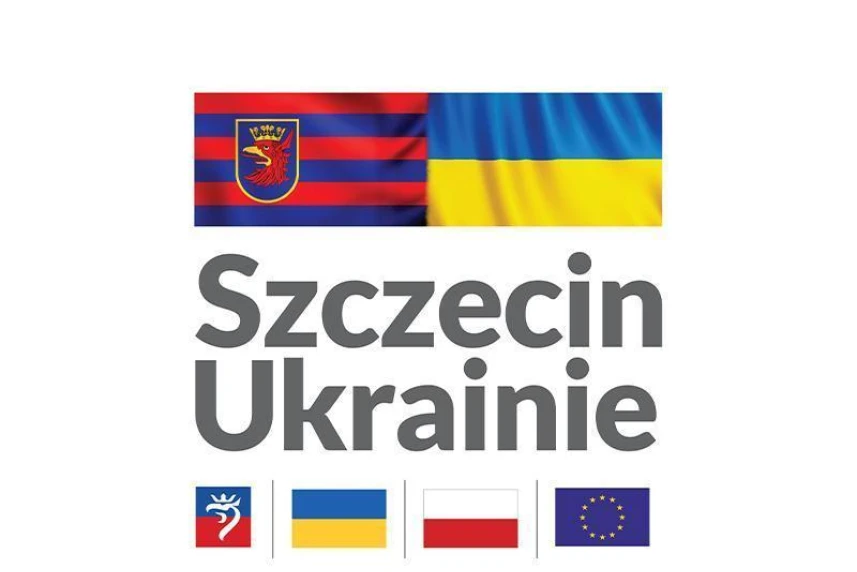“Szczecin Ukrainie” – one year into the war
Marta Kufel

Exactly a year has passed since Russia invaded Ukraine. The City almost immediately started preparations to receive Ukrainian citizens fleeing the war and implemented the “Szczecin Ukrainie” Support Programme. This initiative cost almost PLN 80 million.
The most urgent challenge in the first days of the crisis was to secure the basic living needs of the refugees coming to Szczecin. The City has set up several hundred collective accommodation facilities for Ukrainian citizens. Between 27 February and 31 August, they were used by a total of 675 persons, with an average stay length of one to four months. In addition to shelter and full board, these refugees were provided with financial support, medical and psychological care, as well as assistance with the formalities and job-seeking.
Within less than two weeks from the invasion, the City launched the Szczecin Ukrainie Support Centre, which provided Ukrainian refugees in Szczecin with comprehensive and up-to-date information, as well as advisory on official procedures and matters, welfare services, labour-market and job agency formalities, education and healthcare. The building at 4 Skłodowska-Curie Street housed desks fronted by Family Welfare Office, District Employment Office and City Hall employees, as well as volunteers from NGOs, a psychological counselling office, the Honorary Consul of Ukraine office, an internet café and a common room for children, as well as a storage room and a material aid distribution point handing out food packages, clothing, hygiene and household cleaning products. The Centre has also acted as an intermediary to help refugees find a flat.
In the later months, as well as continuing to handle all the above-mentioned tasks, the Centre began to carry out a project called “Ukraine bliżej nas” (“Ukraine closer to us”). The project included psychological counselling, legal advisory, Polish language courses, integration assistance services and free-time entertainment for children. A total of 15,725 and 6,135 refugees used the information and psychological support offered by the Centre. Material aid was provided to 15,657 individuals, and 7,400 children used the common room.
Ensuring education continuity for Ukrainian children and teenagers at Szczecin’s educational institutions proved to be a great challenge. The City had to not only secure places in all types of schools and care institutions, but also set up preparatory school departments (for children who do not speak Polish) with bilingual intercultural assistants supporting Polish teachers of individual school subjects. It was also necessary to organise additional Polish language courses. Thanks to this enormous effort, there are currently more than 3,000 Ukrainian children and teenagers studying at Szczecin’s schools, and over 600 children in kindergartens and preschool departments.
Another task taken on by the City involved assigning Polish national identification numbers (PESEL) to Ukrainian citizens. Faced with the overwhelming number of applications, the City Hall had to reorganise its work and assign extra staff to process them. So far, the Szczecin City Hall granted 20,373 PESEL numbers to Ukrainian citizens. The City also processed applications for one-time financial support for refugees. A total of 20,000 applications were granted.
Refugees of the war in Ukraine were allowed to use public transport, kindergartens and preschool facilities free-of-charge. Szczecińskie Centrum Zdrowia Samodzielny Publiczny Zakład Opieki Zdrowotnej, Szczecin’s public healthcare centre, opened a consultation and information desk and a hotline for Ukrainian citizens. To provide refugees with the best medical care possible, it hired Ukrainian-speaking doctors and an interpreter.
To support efforts by NGOs and the enormous help offered by Szczecin’s residents, the City let the Mi-Gracja Association use the Netto Arena hall to set up a storage space and an aid distribution point.
All the above-described support measures for Ukrainian refugees cost a total of almost PLN 80 million.